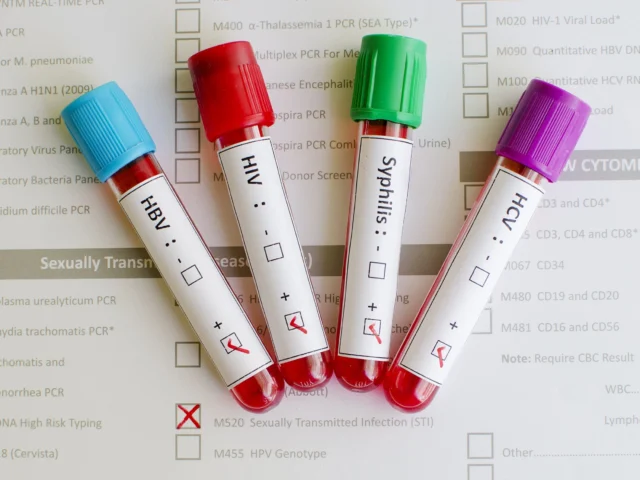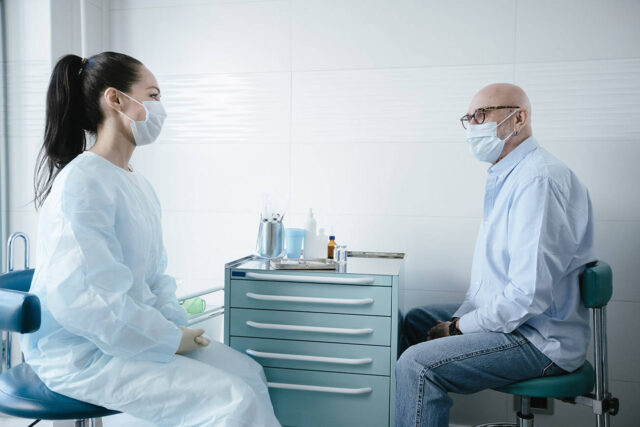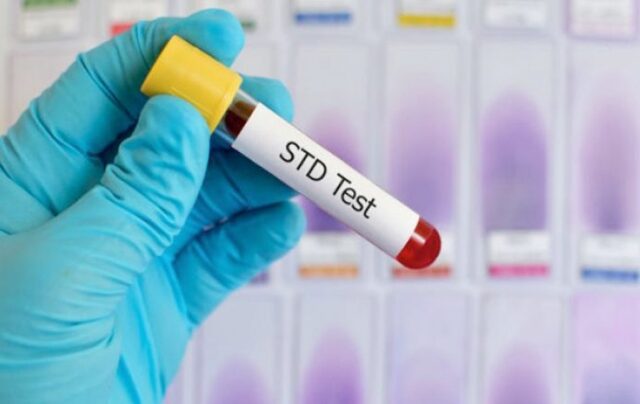
According to some surveys that have been done on a group of citizens, the results seem quite frightening to me. And in the following, you will understand why. The questions that were asked to the citizens were, how often do they change sexual partners, and do they use protection when they have sex? The answer to the first question is not as scary as the results of the second scared me.
More than half of the people surveyed said they did not use protection when having sex with someone they saw for the first time in their lives or if they tended to change partners frequently. I have only one thing to ask these people, and that is to stop doing that, because they are obviously gambling with their own health, and they are also gambling with the health of one of their future potential partners.
Why should they stop doing that, or start using protection when it comes to new people? For one and only reason, and that is the possibility of catching a STD or a sexually transmitted disease.
What symptoms should you watch out for?

Not all sexually transmitted diseases or infections tend to show symptoms in the human body. Some people suffer from these viruses and infections and have no idea that they are positive for the disease because some of the symptoms associated with the disease did not appear in the person. How to recognize some of the symptoms and signs that indicate you are positive for STIs?
- you feel burning or itching in the genital area
- you feel an unpleasant odor in the genitals during or after sex
- you feel pain in the genitals during urination
- you feel pain in the genitals during sex
- you have an unusual discharge
- you notice a new growth or bump and the like
These are the first signs that you need to see your doctor immediately. And the doctor will further give you directions on what to do next.
And it would be good to inform your partner if you show any of these symptoms. During the whole examination, your partner should be careful not to experience any of these symptoms. If there are any of the above signs, the partner should immediately contact their doctor who will further give him guidance for testing and diagnosis. Even if there are no changes in the genital area and there are no signs that can indicate that it is an infection, by being tested, you will be able to treat and cure the disease much easier.
Some diseases are easy to treat, but there are also diseases that are more complicated and require greater and better treatment.
How long do you have to wait to be tested?

In addition, we will share with you a series of data that will be of great benefit to you if you need to take a test for one of the sexually transmitted diseases. How and in what way the test is performed, and what is the time frame when you should be tested from the exposure to the infection until the first symptoms appear.
- Chlamydia is a bacterium that can be easily treated if detected. It is tested on a sample of blood, urine, or throat swab. It may take one to two weeks from the time of exposure to the onset of the first symptoms. However, after the treatment, it is necessary to do the test again every three months.
- Gonorrhea, like chlamydia, can be easily treated with bacteria if detected early. The first symptoms may appear five days after exposure but may occur after two weeks. If the initial test is negative, it is advisable to repeat the test after a couple of weeks. The method of sampling is the same as with chlamydia, through blood, urine, or throat swab.
- HIV is a virus that can be detected either through blood or through a saliva sample. For those people who have a partner who is positive, it is recommended that the test be done annually. It can take from twenty days to three months from the time of exposure to the onset of the first symptoms, but the blood nucleic acid test will still show the best results.
- Syphilis is a bacterium that is tested exclusively through blood. The first signs of pain would appear after a week of exposure or contact with the bacteria. However, for the best results, it would be possible to do a test below three weeks. Once treatment measures have been taken, a re-examination should be performed no later than one year later.
- Hepatitis, is a virus in which the symptoms can develop over a long period, but if you had any chance of being infected, you can be tested in a month or two. A blood sample is taken exclusively from the blood, and retesting is done after six months.
If you notice any sore spots or have pain, we recommend that you schedule a test immediately. You can do the test in a laboratory or at home. But in any case, it needs to be done immediately to treat the infection as soon as possible. Stdtestingnow.com offers you a quick and easy way to get tested today. All you have to do is schedule a test at the nearest lab near you, and you will get the results within a day or two at the most. After receiving the results you will have the opportunity to consult a doctor from their clinics about what needs to be done next. In addition to the site you can find information about all STDs, what are the symptoms, and how they are transmitted, so if you want to know more about these diseases you are free to read.

There are cases where a person may carry more sexually transmitted diseases without being aware of them. Because there is a great similarity in the symptoms that appear, and the only way to determine the true infection is to do the necessary test that will give the results. So be smart, and do the necessary testing on time. Because only then will you be able to see the real problem and treat it at the right time. Be careful and use condoms for protection, do not share underwear and towels with strangers, maintain personal hygiene, and get tested regularly.












